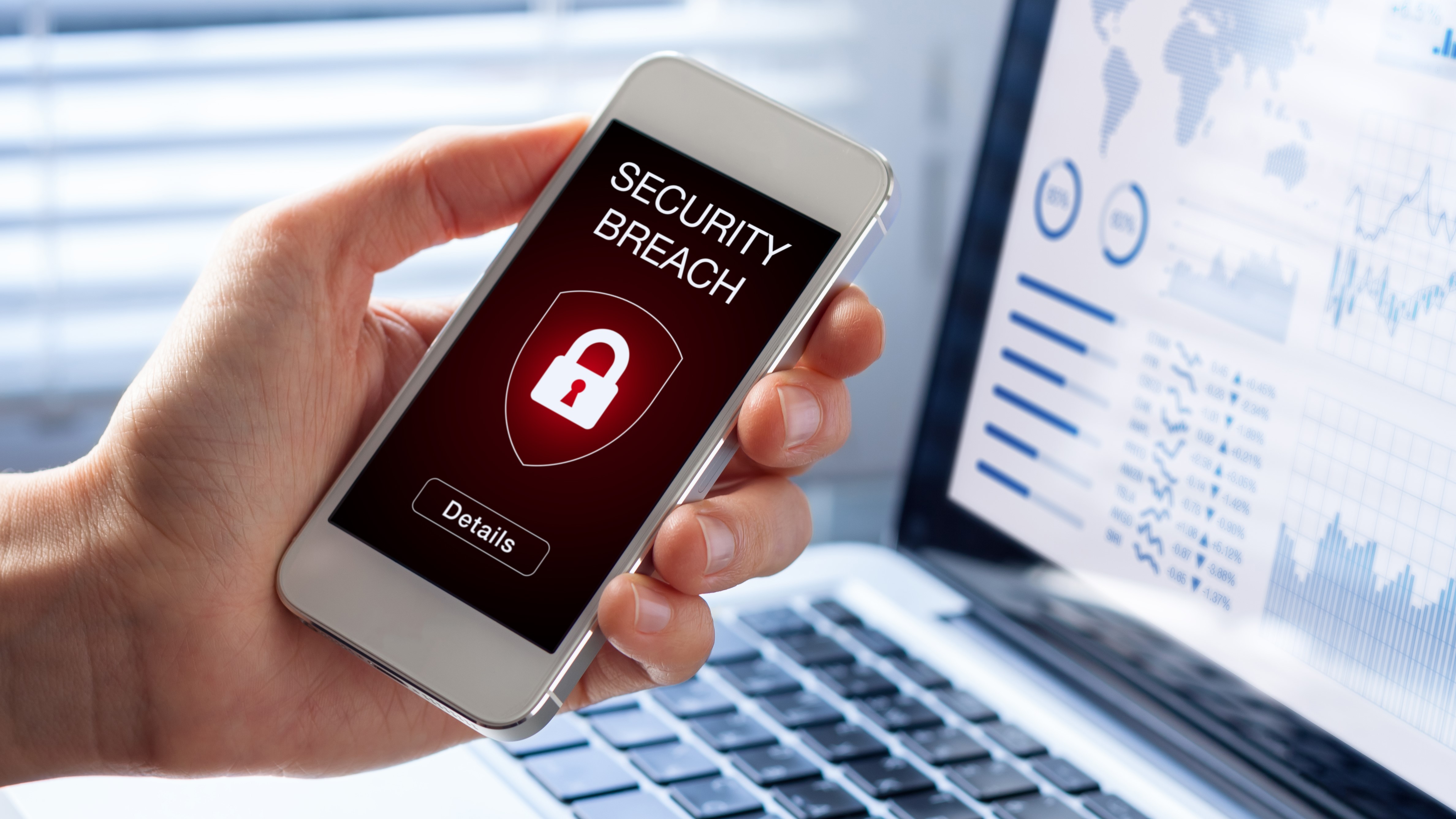If you've resolved to better protect your identity in 2020, there's an app for that.
Clario introduced itself at CES 2020, marketing itself as a new, comprehensive and more consumer-oriented way to help protect yourself and fight cybercrime.
According to the Insurance Information Institute, over 14.4 million people were victims of cybercrime in 2018. Although that number is down from 2017, the losses incurred by the victims skyrocketed: in the same year, out-of-pocket fraud costs totaled $1.7 billion. That's no joke!
Clario saw an opportunity: as it stands, consumers have to download complicated software that may be difficult for the average consumer to understand and install. And often, consumers need to buy security software for each device they own.
Clario claims it's different: it will offer 24/7 support from tech experts who can advise on a course of action should you suspect that an account has been breached, for example. You will be able to check up on your online presence on the Clario app, which will feature a comprehensive view of your status. It also offers real-time protection against the usual suspects: malware, spyware, and ransomware. Each customer experience is personalized and tailored to their online activity but each dashboard will feature the key areas of digital security: identity, financial information, safe browsing, and personal data security.
Clario will be available for MacOS and iOS devices, and is developing support for Android and Windows 10. But as of right now, it's not yet available to the public - the service will launch later this year. As for cost, there's no word yet on how much Clario will set you back annually, but the company says that it will be "less expensive than many premium entertainment streaming services."
Although the future of cybersecurity and digital privacy seems like it's within reach, criminals can take advantage of your online activity at any point in time. A good start is signing up for one of the best VPN services. The best VPN services make you more secure when browsing the web, especially if you use public networks at hotels, airports, and other places. It's one of the better ways to avoid becoming one of the millions affected by a cyberattack or breach every year.

